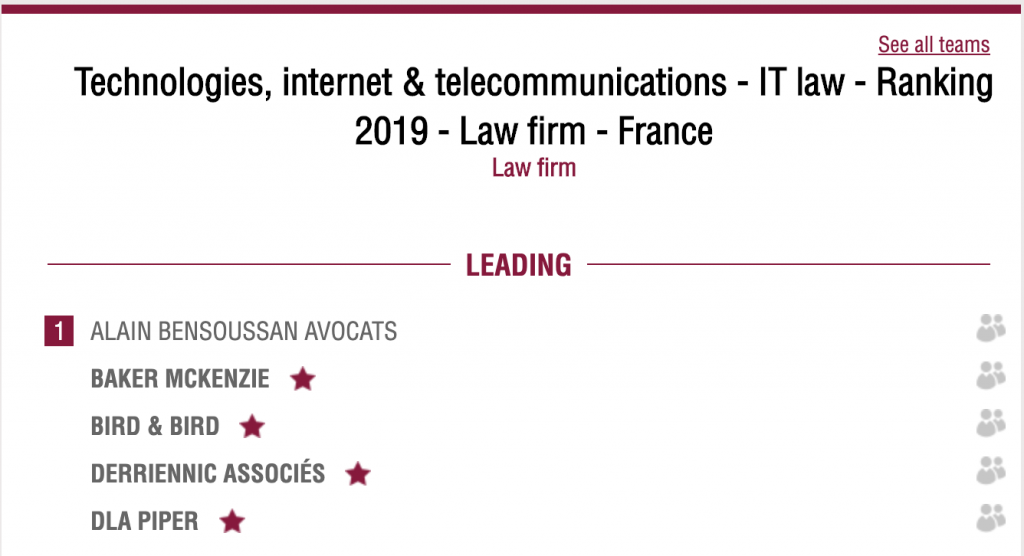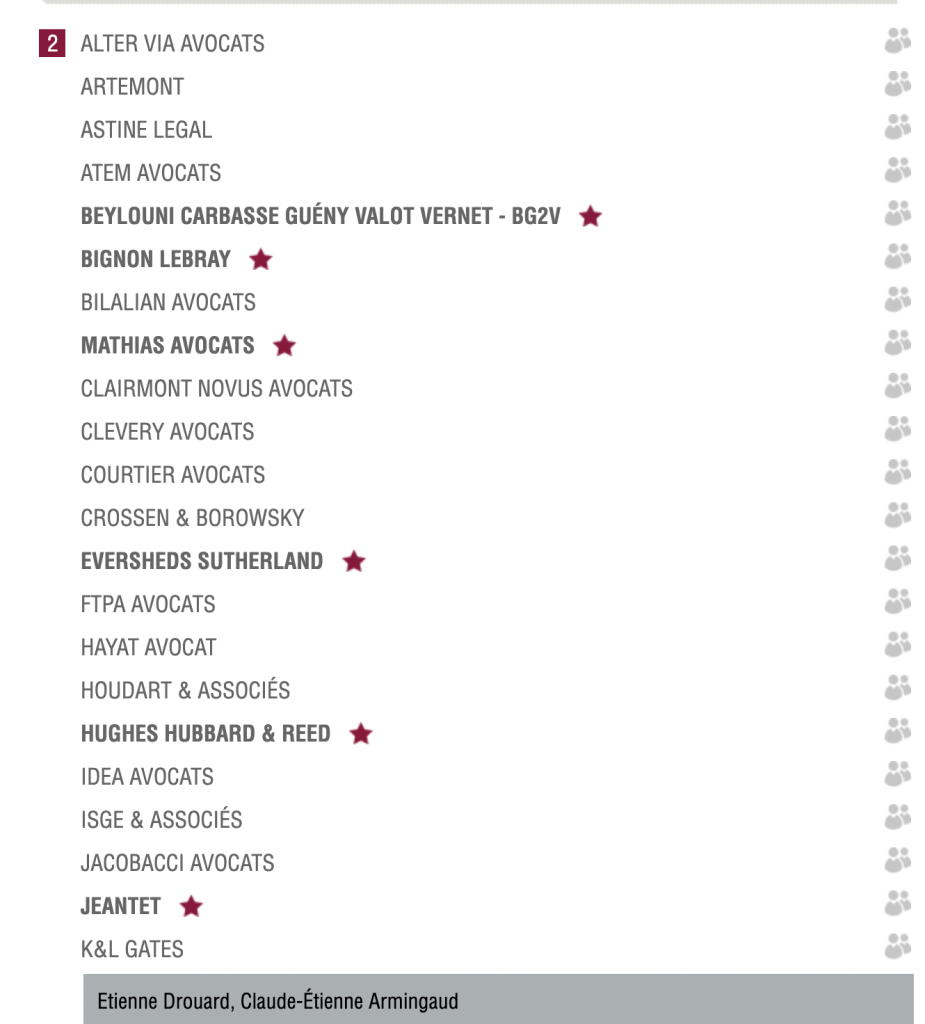EU: IAPP Europe Data Protection Congress 2019 and Paris Pre-congress KnowledgeNet Meeting
November will see several opportunities to discuss privacy matters in Europe and meet with The Privacist contributors within the K&L Gates’ platform, in connection with the International Association of Privacy Professionals (IAPP).
On 18 November 2019, K&L Gates Paris will be hosting an IAPP KnowledgeNet focusing on compliance audit procedures. Speakers will include a representative from the Conformity Department of the French Supervisory Authority (Commission Nationale de l’Informatique et des Libertés or CNIL), Elisabeth Fraikin (Group DPO, Ariane Group), Matthieu Camus (Privacy Impact), Damien Chaminade (Internal Audit Director), and Lucile Rolinet (Associate, K&L Gates). You can register for the free event here.
Between 18 and 21 November, the IAPP Europe Data Protection Congress 2019 will take place in Brussels. K&L Gates Brussels’ Natali Addison, as well as K&L Gates Paris Claude-Étienne Armingaud and E. Drouard will be delighted to meet with you if you are planning to attend!
(more…)






